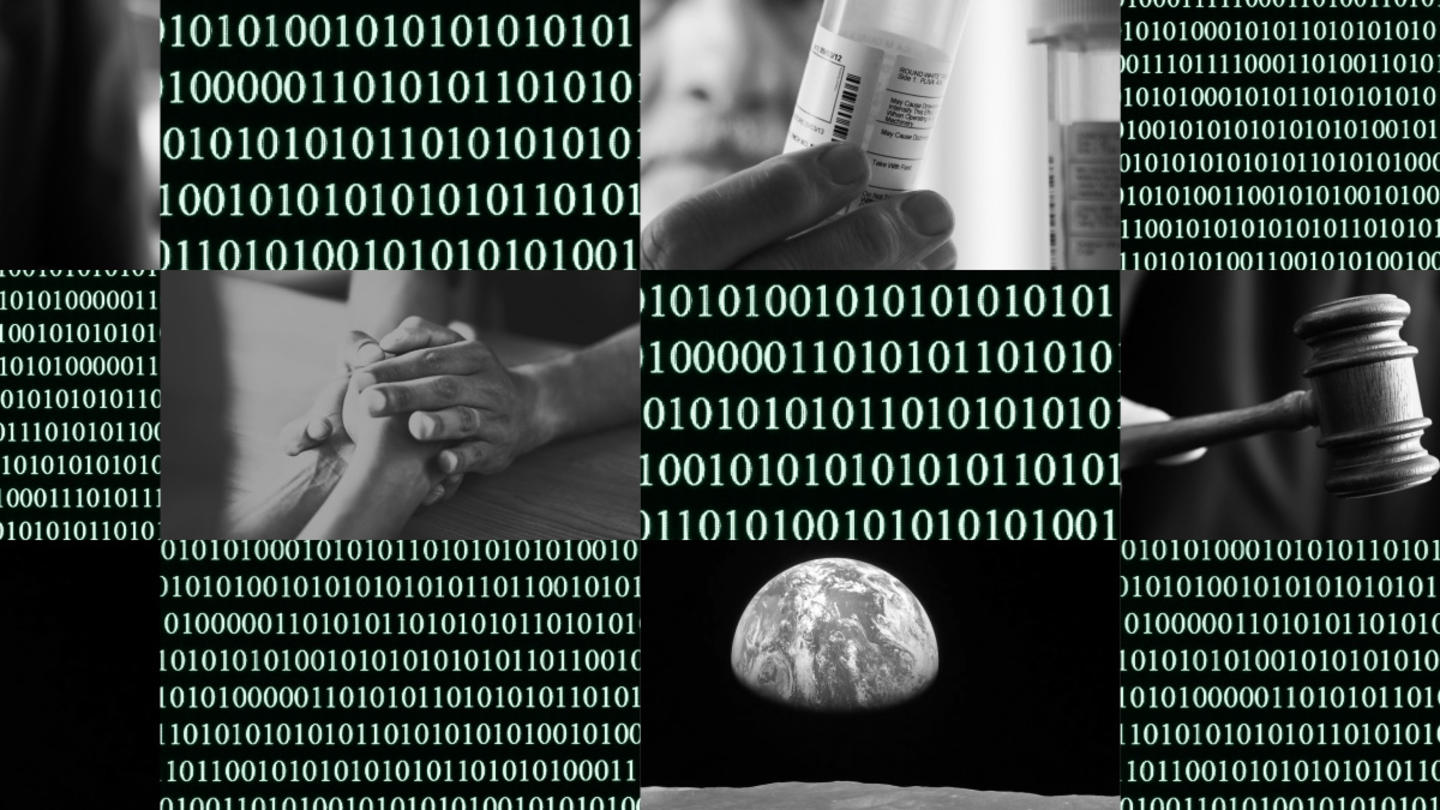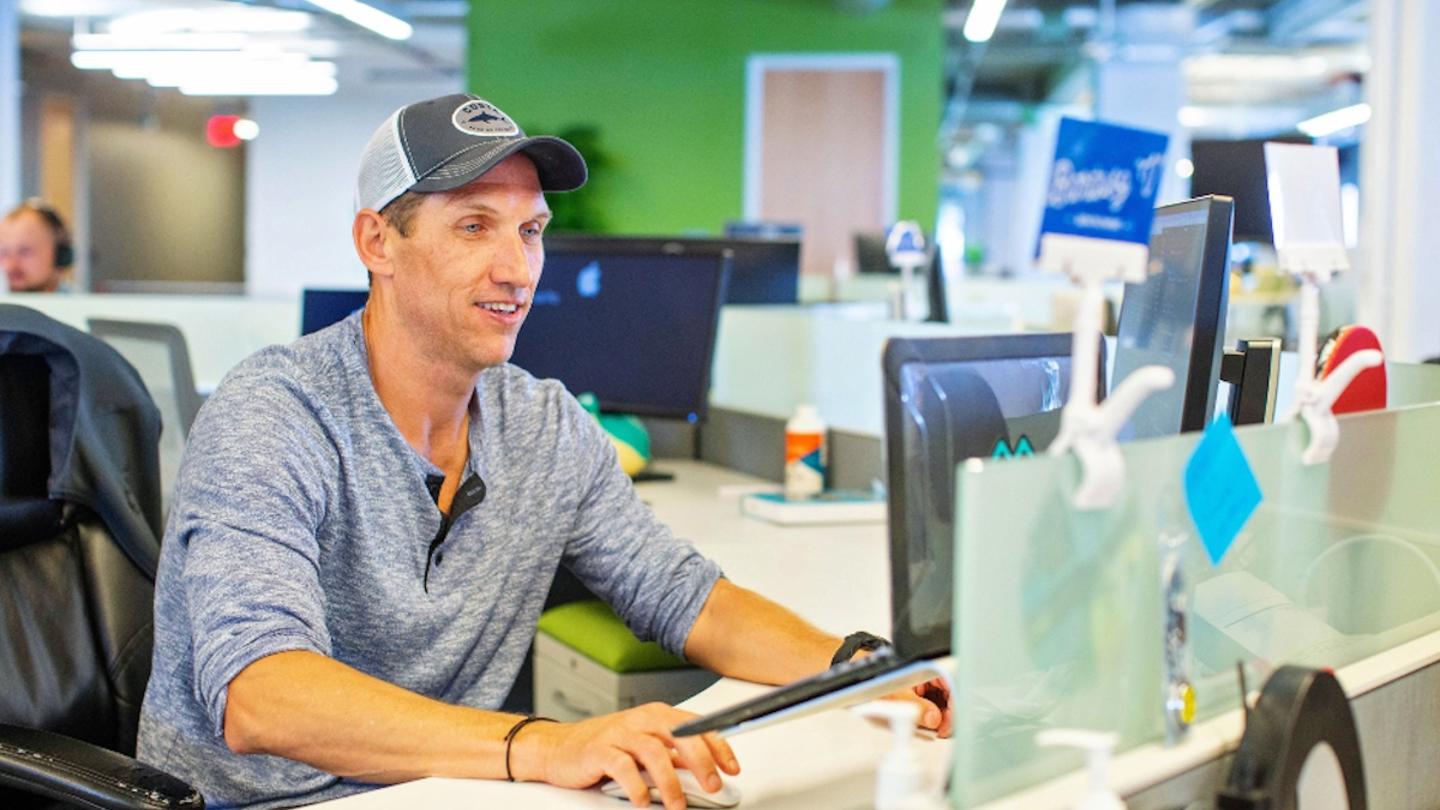In today’s job market, second chance hiring offers individuals with former criminal records the opportunity to rebuild their lives while contributing meaningfully to society. This growing movement emphasizes breaking down barriers to employment and creating pathways that enable everyone to unlock their potential.
By offering these opportunities, employers not only help workers, but also tap into a valuable, often overlooked talent pool, creating mutual benefit for all.
What is second chance hiring?
Second chance hiring is the intentional practice of recruiting and hiring those with a conviction history. This approach recognizes that many people with criminal histories possess valuable skills and a strong desire to contribute positively to society. By providing these people with employment opportunities, companies respect their dignity and enable them to reintegrate into the workforce. In turn, businesses can access untapped talent, reduce recidivism, and foster a more inclusive workforce where everyone has the chance to live a meaningful life.
Hiring formerly incarcerated individuals not only fills job vacancies but also drives positive change for businesses and communities, leading to a ripple effect of growth.
1. Benefits of second chance hiring
Second chance programs give people with criminal records the opportunity to rebuild their lives through stable employment. A job offers not only financial stability but also a sense of purpose, belonging, and the opportunity to develop new skills. This not only benefits the workers but also contributes to safer, more resilient communities.
2. Second chance employment benefits
When companies embrace second chance hiring, they unlock a wealth of benefits, including loyal employees, improved company culture, and a stronger community.
Some of the key advantages include:
- Access to a larger talent pool that’s often overlooked: Many people with criminal records are highly skilled but often overlooked.
- Lower turnover and higher retention rates: Studies show that employees given a second chance often display strong loyalty to their employers.
- Reduced training and recruitment costs: By investing in people who are motivated to succeed, companies can reduce hiring costs.
3. Restorative hiring benefits to society
Second chance hiring has positive effects that extend beyond the workplace, fostering economic growth and reducing recidivism. These outcomes align with the principles of mutual benefit, as society benefits when people are empowered to succeed.
Economic growth: Hiring reformed people boosts employment rates, reduces reliance on welfare, and contributes to economic stability through increased taxes and consumer spending.
Reduction in recidivism: Providing stable employment decreases the likelihood of reoffending, easing the burden on the criminal justice system and fostering safer communities.
Sign up for the Stand Together newsletter and get stories, ideas, and advice from changemakers to help you tackle America’s biggest problems.
4. Fair chance hiring makes communities stronger
Second chance programs also benefit the broader community by creating safer, more stable neighborhoods. These initiatives promote public safety and family stability by giving former people with records the tools to reintegrate into society with dignity. Communities thrive when everyone can contribute, and relationships are built on trust and mutual support.
Engaging with and supporting second chance hiring programs fosters deeper connections within communities, building stronger bonds through mutual benefit — where both individuals and society prosper.
6 second chance hiring organizations making a difference
Stand Together partners with changemakers at the forefront of second chance hiring, advocating for policies that provide opportunities for people with former criminal records, demonstrating the transformative power of employment in restoring dignity and helping individuals thrive.
- Root & Rebound offers legal services, mentorship, and resources to help formerly incarcerated individuals rebuild their lives and increase their job prospects.
- Miles of Freedom offers job readiness workshops, mentorship, and transition programs that help people leaving prison secure employment and reintegrate into society.
- Honest Jobs connects job seekers with criminal records to employers who are willing to offer them second chances, breaking down barriers to create meaningful opportunities.
- Second Chance Business Coalition advocates for second chance employment by providing tools and best practices to expand hiring and advancement opportunities for individuals with criminal records.
- Café Momentum transforms the lives of formerly incarcerated youth through paid internships, life skills training, and job placement in the restaurant industry.
- FreeWorld provides career opportunities for people with criminal records through job training, support, and placement services in the transportation industry.
Embracing second chance opportunities for a brighter future
Second chance hiring benefits everyone — individuals, employers, and society. It offers workers the chance to rebuild their lives, provides employers with access to a loyal and skilled workforce, and contributes to economic growth and stronger communities. By embracing reentry hiring, we foster a more inclusive job market, creating opportunities for all to succeed.
Making second chances a standard practice can transform lives, businesses, and communities, building a future where everyone can live with dignity and purpose.
More on second chance hiring and programs
These six success stories show how education and support can help members of society find success after imprisonment through restorative hiring practices:
- The Frederick Douglass Project fosters second chances by reducing recidivism through face-to-face prison visits, building empathy and understanding that support successful reentry into society.
- Easy Expunctions uses technology to provide free nationwide background checks and guides users through expunctions, with a 100% money-back guarantee.
- The Last Mile equips incarcerated individuals with tech skills, offering second chances and bridging the gap to high-skilled jobs in Silicon Valley, reducing recidivism.
***
Learn more about Stand Together’s efforts to build strong and safe communities and explore ways you can partner with us.

Eleven photos show how NBA stars and leaders transformed a school and inspired seven Bay Area entrepreneurs.

You don’t have to be a pro athlete to put their lessons to work in your own community.

AI can be used to prevent wrongful incarceration, offer mental health access to millions, and gamify daily wellness.

Watch these professional football players highlight what matters most to them off the field.
